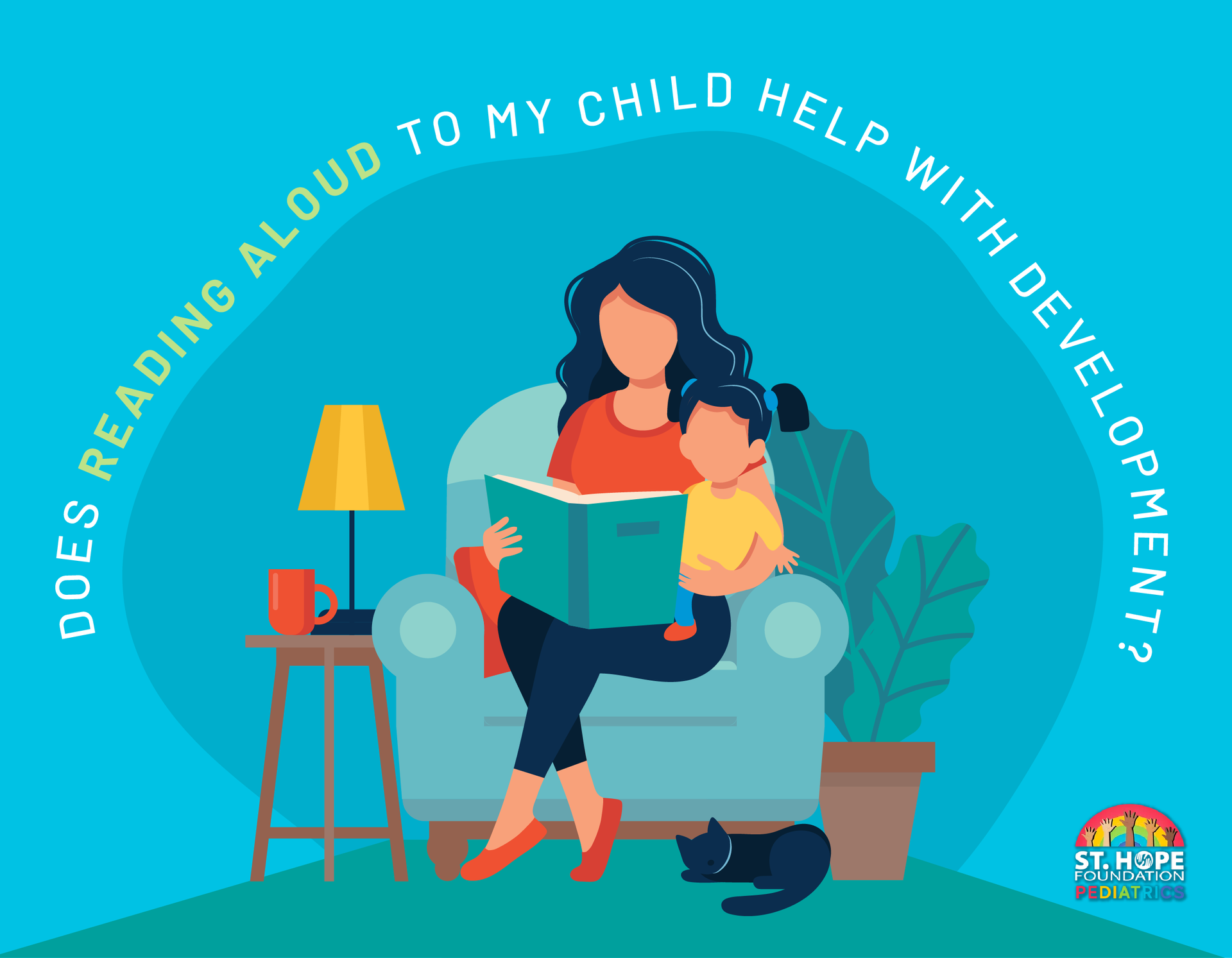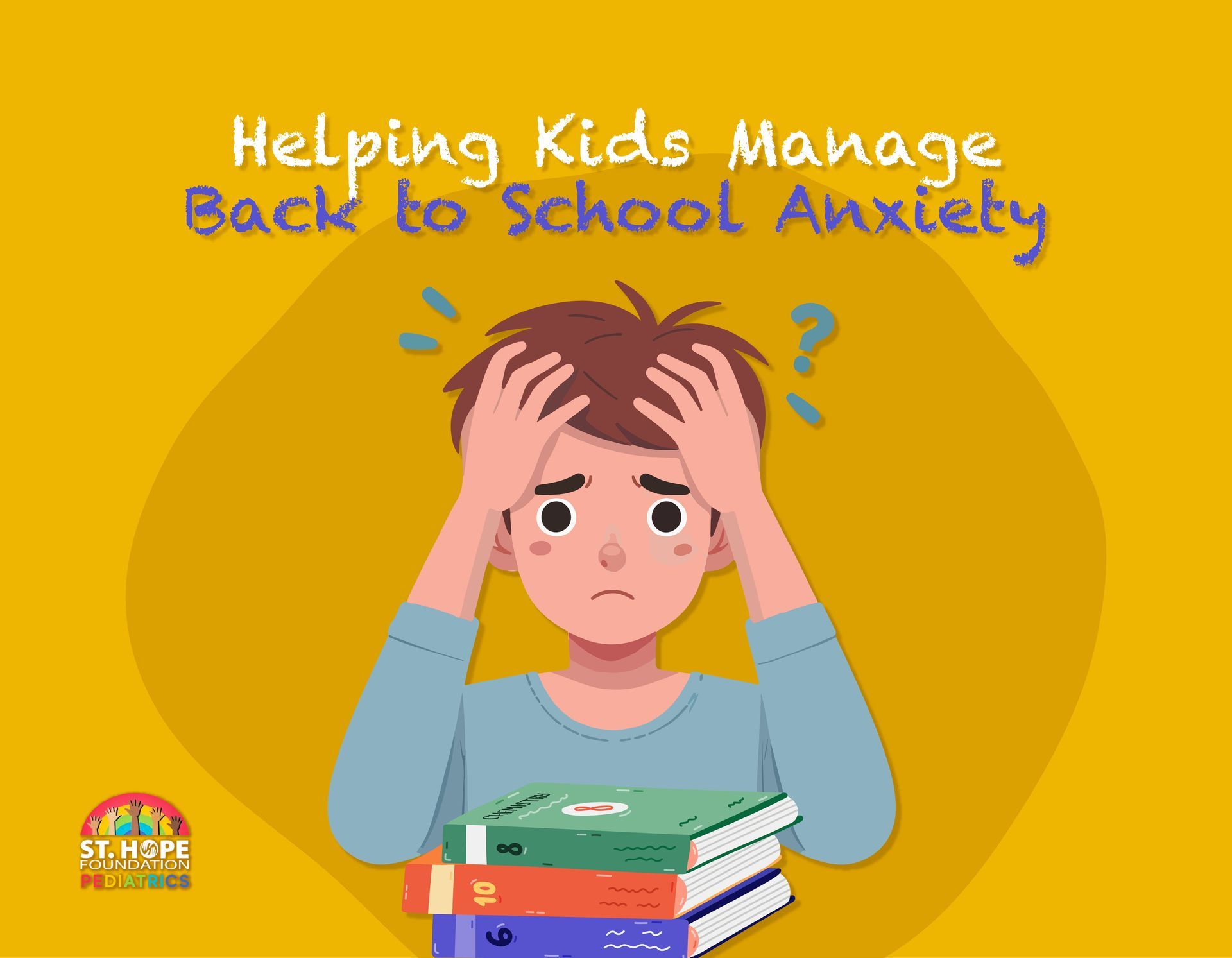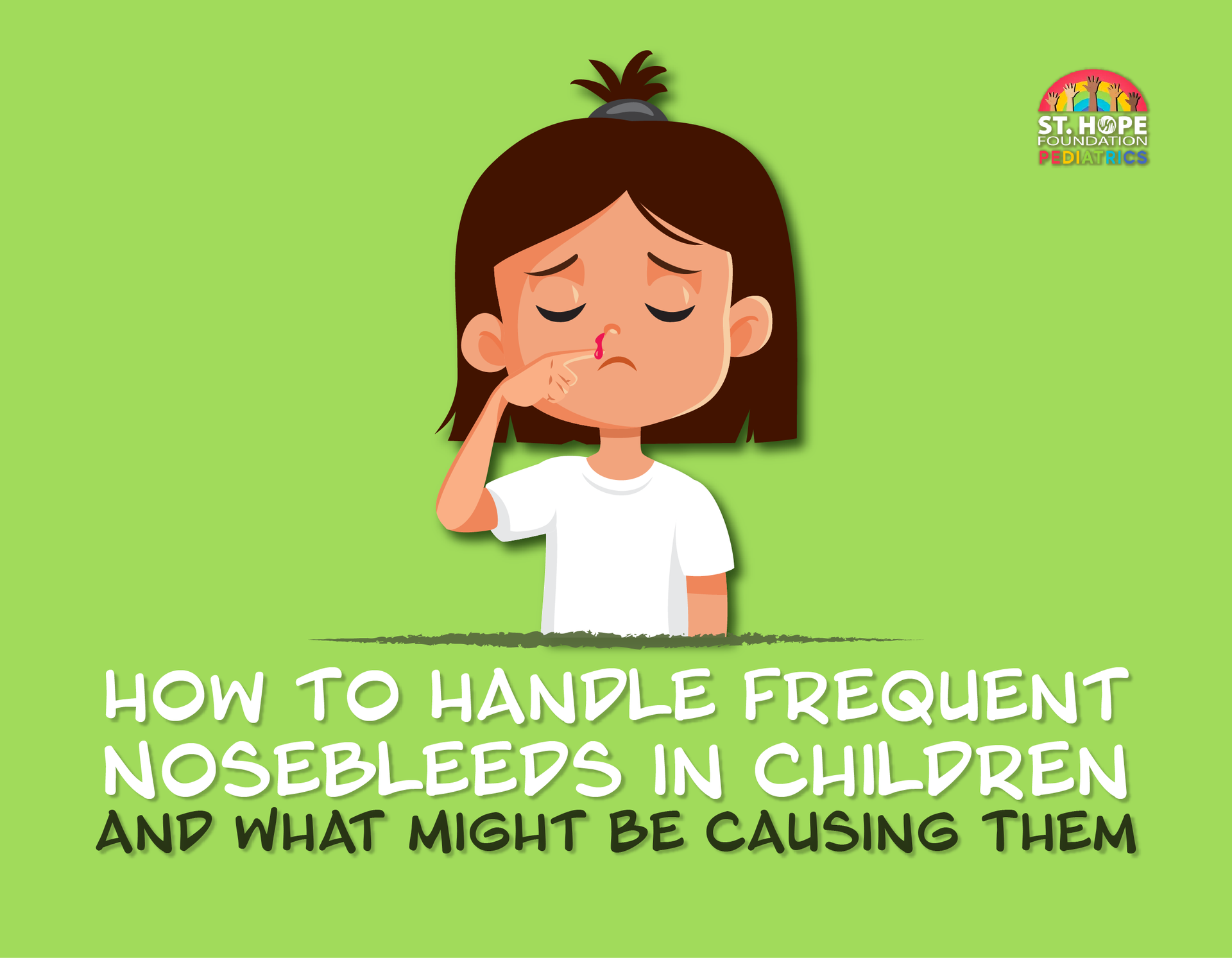
Yes – in more ways than one, and much more than you may realize at first. Reading aloud is an immeasurable opportunity to bond with your child and form lasting memories, fostering a sense of closeness that makes children feel secure and loved.
Reading aloud can also be an invaluable learning tool that can teach your child essential knowledge about the world. High-quality children’s literature can teach them about vital concepts such as empathy, effective interpersonal interactions and other fundamental principles that contribute to a well-rounded and balanced individual.
According to one study, in their first few years of life, your child is forming more than one million neural connections every second. Even just taking ten minutes to read a story can give them a wealth of knowledge, helping them build a sturdy foundation to hit the ground running when they start school.
What Reading Aloud Gives Your Child
Cognitive Development
Reading aloud exposes your child to different vocabulary, new phrases and different sentence structures. They learn new words and phrases, understand the rhythm and melody of language and develop better comprehension skills. According to a study conducted by Ohio State University, reading a diverse selection of literature aloud to your child five times a day has the potential to teach them 1.5 million words by the time they turn five. The benefit of reading aloud to children will be particularly evident in kindergarten and throughout their early years of schooling.
Regular reading sessions have also been shown to contribute to longer attention spans and improved concentration. Parents are well aware of the struggle to get young children to sit still, let alone sit still and listen. Reading aloud gives them the opportunity to refine this skill, which is crucial for their success in school.
What’s more, listening to stories will stimulate your children's imagination, teaching them how to visualize characters and how to place themselves in different settings, times and events that exist beyond what they know and have experienced. Reading aloud is crucial to fostering their creativity and how they dream of the future.
Emotional Development
Stories often involve characters experiencing different emotions and situations. Reading about emotional experiences and asking your child about them can help them develop empathy and a better understanding of others.
Social Development
The combination of enhanced vocabulary and emotional development can lead to better communication skills, giving them the tools to express themselves clearly and understand the nuances of conversation. Reading aloud encourages active listening in your child, which will serve them well not just in school but also in life. Good listening skills are a key component of social interactions, which means that reading aloud can help your child form deeper friendships that could potentially last a lifetime.
Educational Development
In a more practical sense, reading aloud lays the foundation for teaching your child how to read. It helps children recognize the relationship between letters and sounds. They can also become familiar with the basic concepts of books, such as how to hold them and the direction in which to read the text. Many children can struggle to learn how to read when they start school, so reading aloud to them early and often can help make it easier.
Reading aloud can also encourage your child to think critically, especially if you take pauses between reading to ask your child about what’s happening in the story and their thoughts about it. It engages a different part of their mind that will teach them how to predict outcomes, ask questions and understand cause-and-effect relationships.
Tips for Reading Aloud to Your Child
- Consistency: Children crave routine. Reading every day for just 15 minutes before bed can make the activity feel stable and encourage more active interaction during story time.
- Variety in Story and Storytelling: Expose your child to a wide range of books, including different genres, cultures and topics, to broaden their horizons and interests. Try to find stories you and your child can enjoy together. Attempt to use different voices and expressions for different characters to make the story more enjoyable.
- Pause and Talk: Take time to pause between pages to ask questions and foster reading comprehension, encourage them to predict what will happen next, talk about what’s happening in the pictures and relate the story to their own experiences. This will help them engage more with the story. Pausing can also help parents not rush through story time, which can be hard not to do after an exhausting day.
Although these years can feel difficult for parents, especially those with many responsibilities and busy lives of their own, this one-on-one time you have with your child will be gone before you know it. Take advantage of it while you can and try to be grateful for the opportunity.
Our Experienced Pediatricians Are Here to Help New Houston Parents
At St. Hope Pediatrics, our doctors have been advising Houston families on how to keep their children healthy and developmentally on track. Call (713) 778-1300 to schedule a wellness appointment today.













